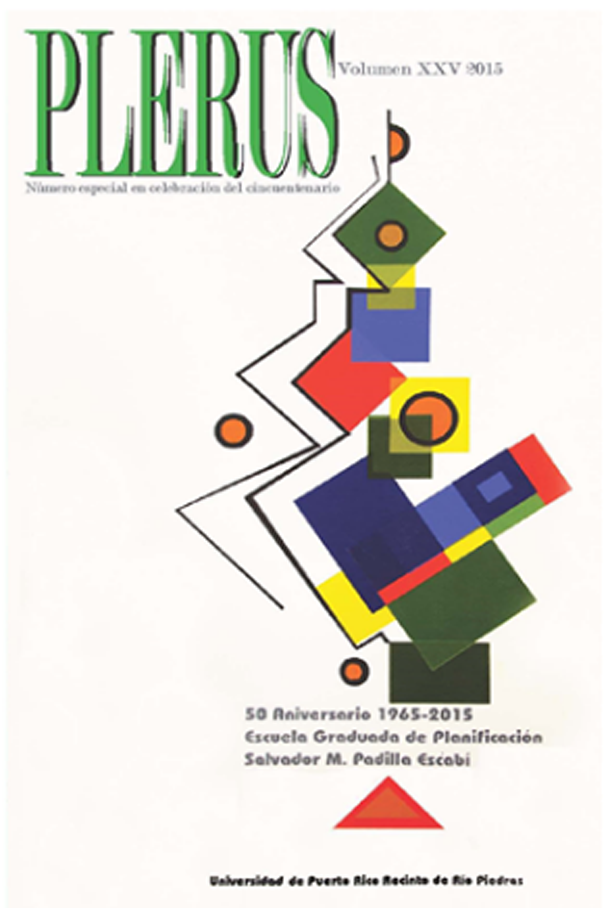Resumen
This article outlines the strategies for economic and community development in a neighborhood in Chicago, mainly composed of Puerto Rican migrants, that has been experiencing gentrification since the 1990s. This paper argues that the Puerto Rican leadership has attempted, with some degree of success, to promote economic development in the form of businesses and institutions that reproduce the Puerto Rican culture in a commercial district known as Paseo Boricua without resulting in the displacement of the pre-existing community. This has been made possible by a community plan, which balances projects aimed at creating jobs with social interests. In particular, this research explores the elements of that plan, along with other strategies, which have contributed to the prosperity of Paseo Boricua, as well as some of the challenges the district confronts. This research is based on 4 and a half years of ethnographic work with an organization of community leaders named the Puerto Rican Agenda. Besides ethnographic methodology, the study is based on interviews, focus groups and surveys.Descargas
Los datos de descargas todavía no están disponibles.

